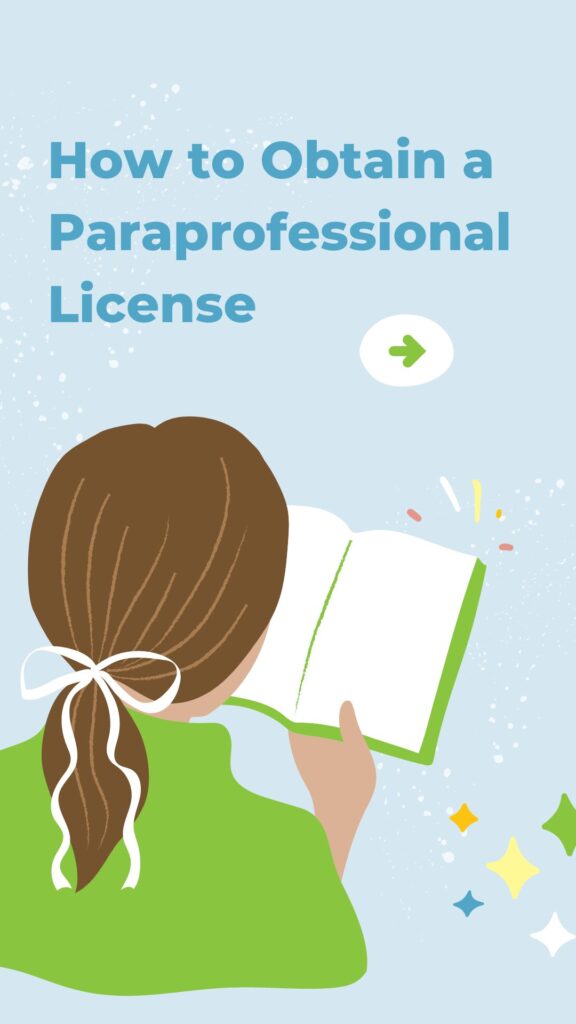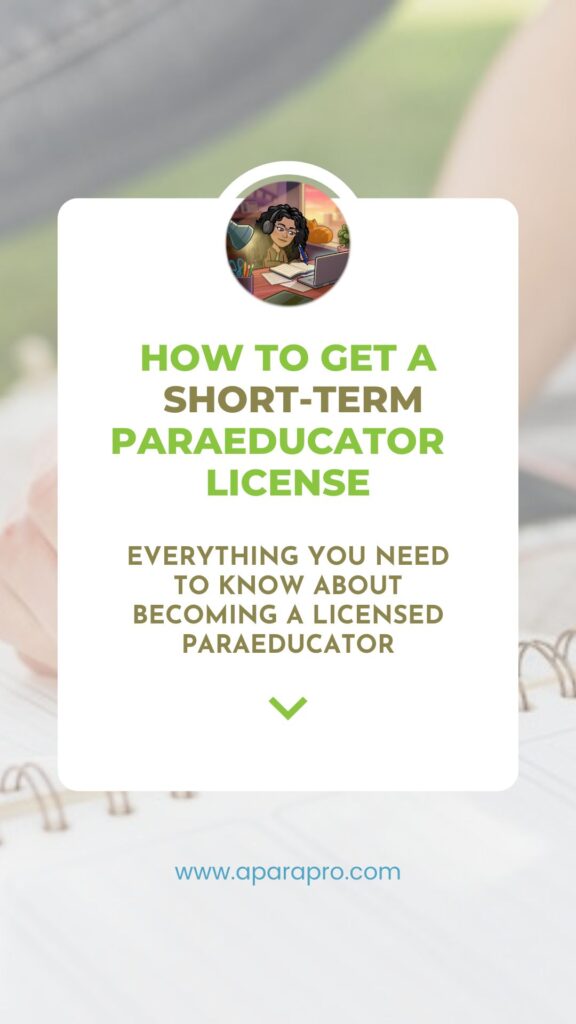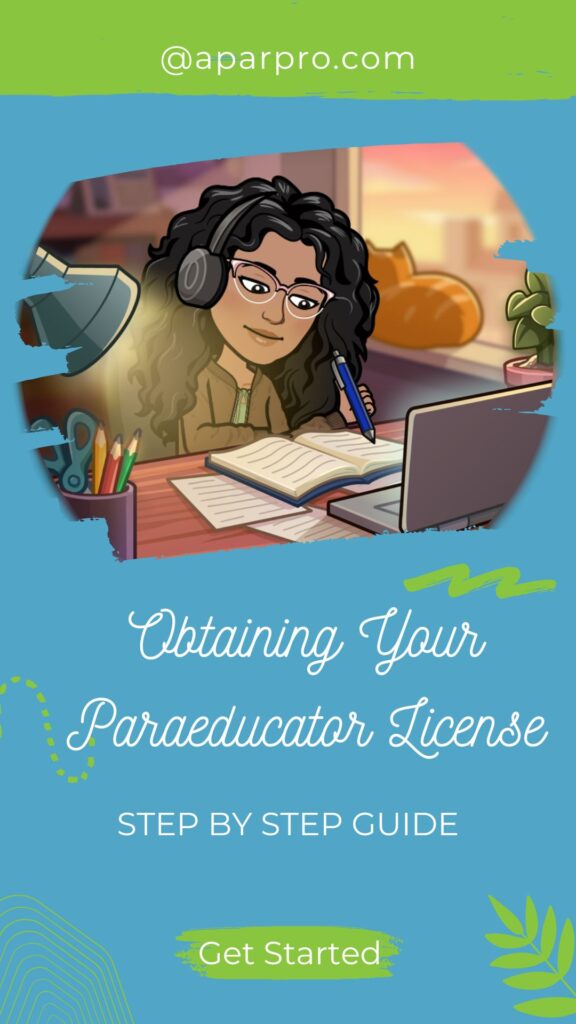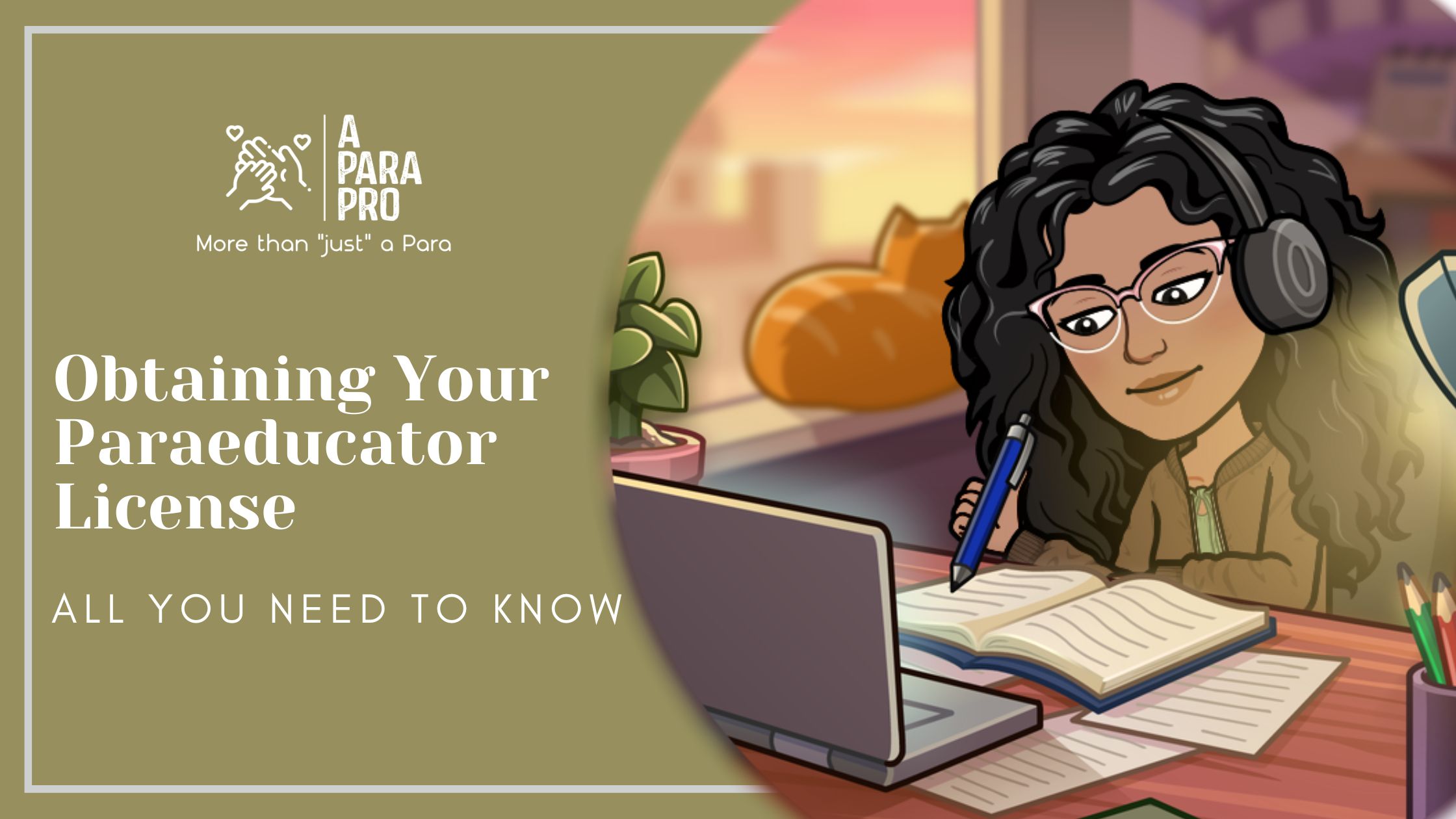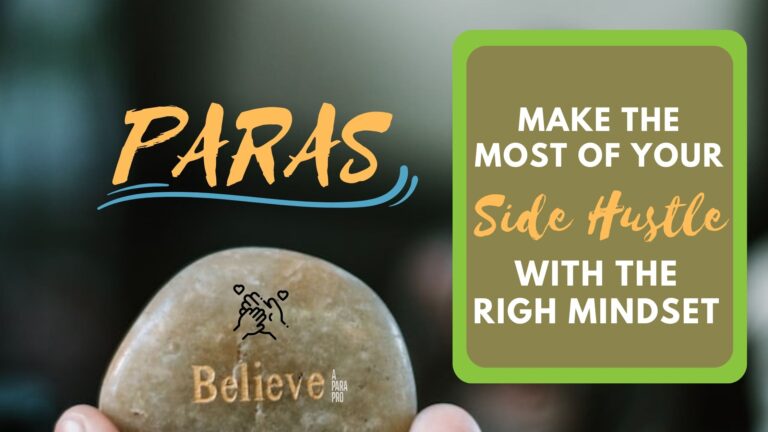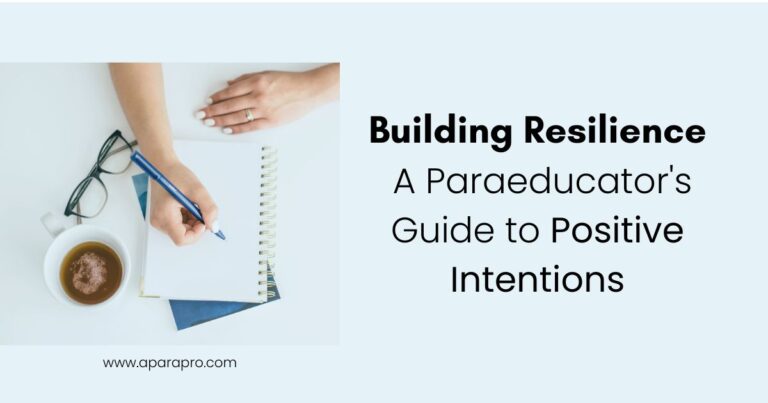Obtaining Your Paraeducator License: All You Need to Know
When I first got my paraeducator license in Illinois I just had to get to the state education website, create an account on their portal, fill out the application, and submit a copy of my high school diploma and transcripts. Within 2-3 weeks I received my license in the mail and applied for my first para job.

A Guide to Acquiring Your Paraeducator License
However, there are paraeducators that don't have an associate's degree, like the future teachers and/or administrators climbing the education system's corporate ladder or perhaps the moms who never finished their degrees and need to re-enter the workforce. These individuals have to apply for a para license a little different from my experience above.
Do Paraeducators Need a License?
Yes, in order to get a job as a paraeducator you need a paraprofessional license, better known as the ELS – Educator License with Stipulation. There are 3 ways paras can get their license in Illinois.
Note: Since I reside in Illinois I am going to base most of my information on my state. But please remember to simply do a Google search for your state.
What Do You Need to Get a Paraeducator License?
In order to obtain your paraeducator license you need
- to be 19 or older
- have a high school diploma OR GED/ high school equivalency
- have an associated degree OR 60 college credits
If you don't have a degree then you need to get 460 or higher on the ETS Paraprofessional Exam (Better known as ParaPro Assessment} OR a 4 on the ACT Work Keys.
Again this information is based on my home state IL. In the following section, I will teach you how to find this information for your state.
How to Get a Paraeducator License?
The first thing is getting access to your state's education website. A simple Google search of “YOURS STATE'S State Department of Education Paraprofessional License Application” can help you get started. You can also go ahead and pick your state from the US Department of Education will take you to your state's department of education.
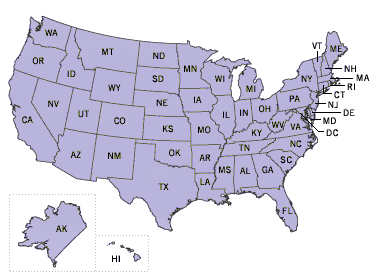
Now that you have found your state's department of education you might have to do a search on their website. Simply look for a magnifying glass or the word “search”. Normally it's found on the right-hand side of the page. Once you find it enter your search query. Some examples are “paraprofessional application” or “paraprofessional license”.
From there you'll have to read through your state's search results and pick the one that best answers the question. Not all states are the same so you'll have to read and look around your state's site.
I played around with this and I did Florida since that's where I grew up and South Carolina since family members recently moved there. I found that Fl was not as user-friendly as South Carolina.
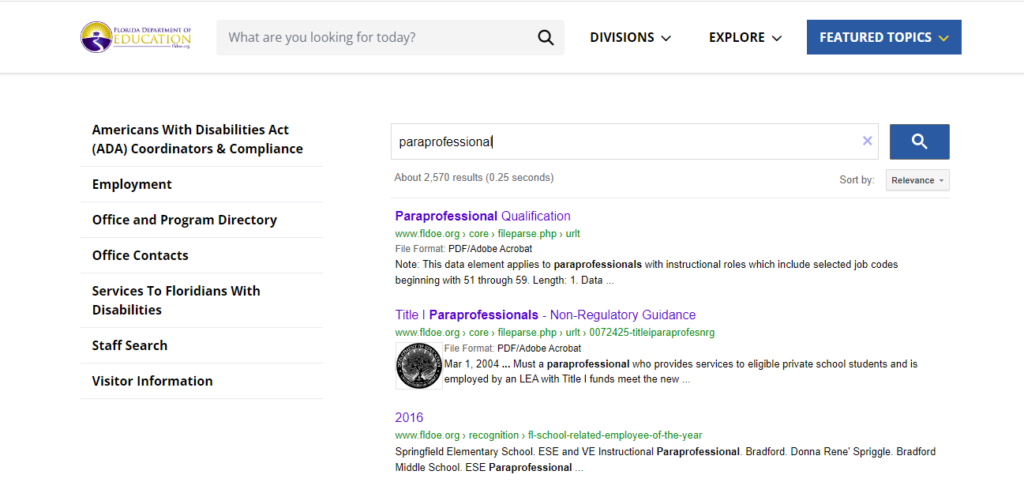
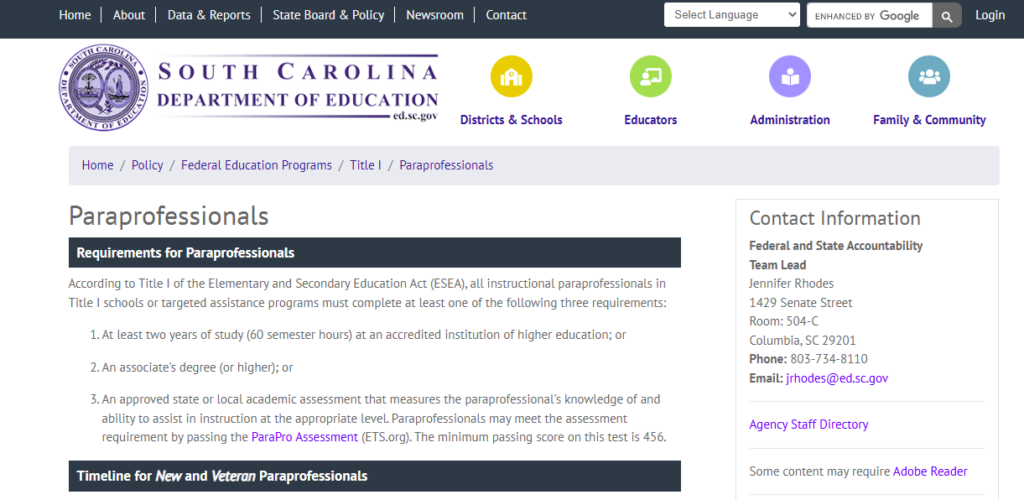
So you'll have to see what your state says but for the most part, you have to be 19 or older, with a high school diploma, and have an AA or 60 college hours. If not then you will need a GED and take and pass an assessment like the Para Pro or another state-approved test in IL they also allow the ACT Work Keys.
Once you know what your state requires and if you fulfill those requirements you will need to apply for your license. This means filling out an application and paying the required fees. Most times this has to be done through some educator portal. For IL it's ELIS (Educator Licensure Information System), in South Carolina I found My SC Educator Portal and in Florida, it took a little exploring but I found the Florida Online Licensing Service.
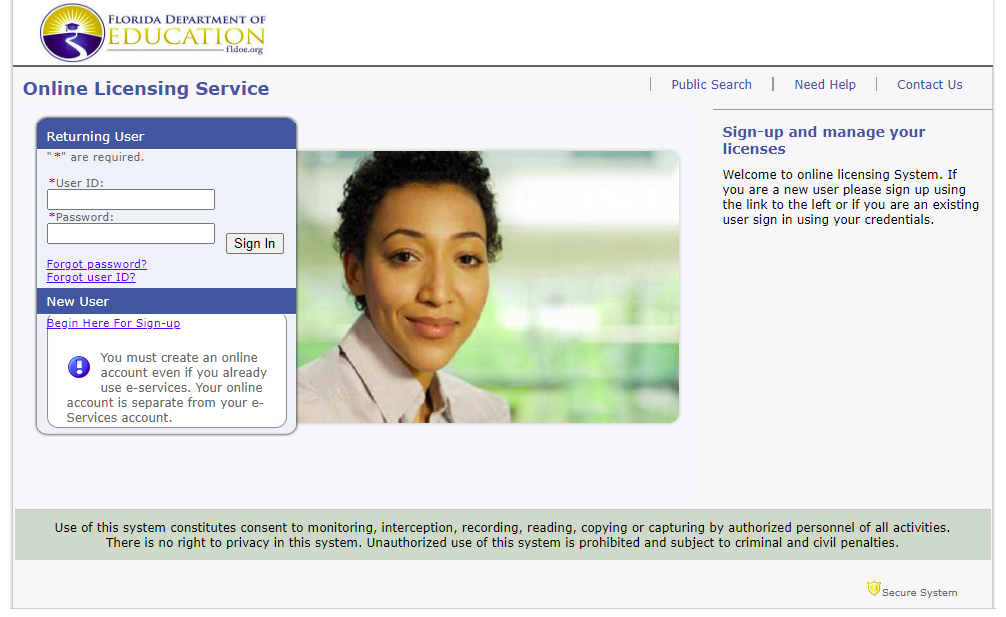
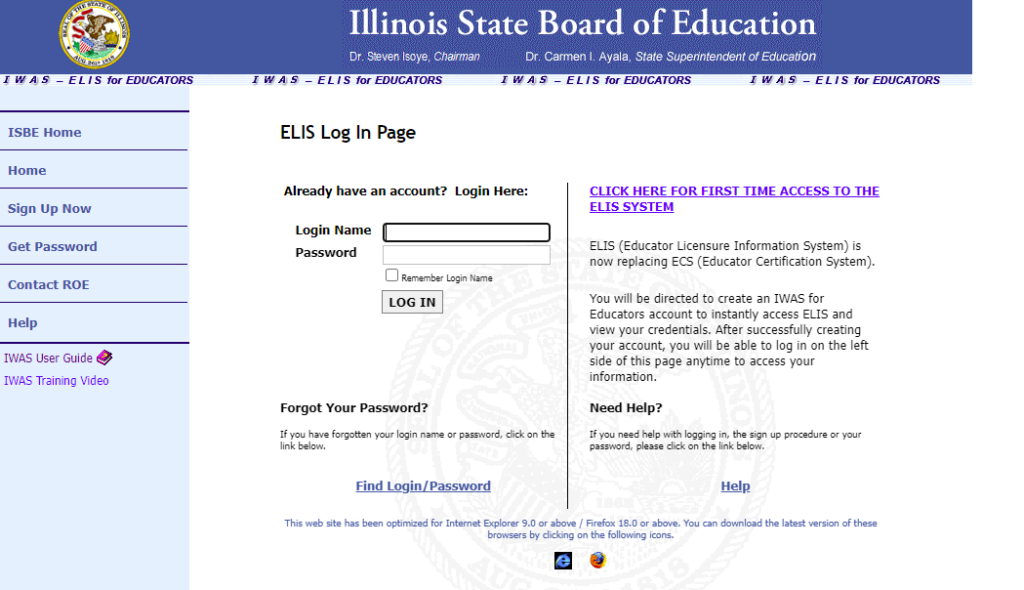
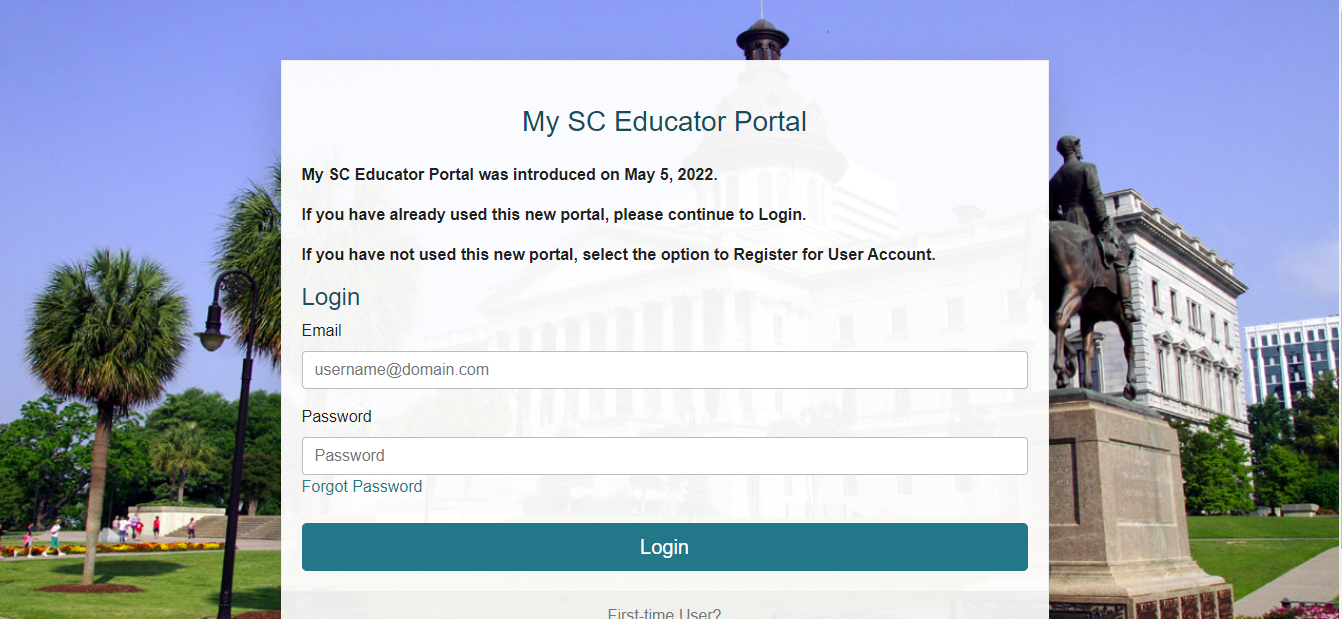
So remember depending on your state's website you might find what you are looking for quickly or you'll have to spend some time reading through the site in order to find what you're looking for.
In Illinois, ELIS is now programmed to automatically issue the ELS-PARA when the appropriate credential is listed in the Degree tab.
If an individual is not qualifying through a degree, then the assessment can take 4-6 weeks.
I want you to use my IL results as a guide but remember results vary by state.
At this time, in Illinois, there is a $100 processing fee to apply and a $30 processing fee to register.
Again your state fee might be slightly higher or lower than mine.
In order for paras to keep their license up to date they need to renew them. To do so you will need to go to your educator portal, like ELIS, click renew and follow your state's renewal process.
In Illinois, there is a fee of $5 per year for the PARA ELS, and a $25 per five-year cycle.
Once more these fees vary from state to state so please look into the requirements of your own state.
Also, it is your responsibility to stay on top of your renewal. Most likely you are not going to get a friendly reminder and your license could lapse and be non-effective. So set a reminder on your calendar. I'm up for renewal in 2025.
With a paraprofessional license, you can apply for a teaching position assisting certified teachers in general or special ed. Depending on your license you can apply anywhere from PreK to 22. My first job was at a therapeutic day school where we had students up to the age of 22.
You can tutor students, babysit or do respite work, you can work under a specialist like a physical therapist as you are working on getting yourself certified for physical therapy.
You can work for a daycare, elementary, middle school, or high school, public or private, religious or therapeutic.
In general, the paraprofessional license opens up the door to the education system and its benefits.
A short-term paraeducator license allows for individuals who only have a high school diploma, GED, or high school equivalent to work as a para while working to obtain their paraprofessional license.
In Illinois, the short-term paraprofessional license is valid for 3 years and it is nonrenewable. It has a fee of $50.
You will still have to create an account in the educator portal of your state and double-check your state's fees and requirements.
Does a Paraeducator License Mean a Higher Salary?
Ha! You would think so but the truth is the paraeducator license just gets you in the door to apply for a para position. The truth is the more severe the needs of the students are the more you get paid. For example, if you are a para that assists English Language Learners (ELL) and pulls kids out here and there, then your salary will be slightly less than the para that is 1:1 in a self-contained classroom risking getting her hair pulled, bitten, or scratched.
That's why I recommend that all para pros need to get a side hustle in order to supplement the low para pay. If you need help starting your side hustle check these resources to help you get started.
Conclusion
I hope this guide has given you clarity in obtaining a paraeducator license, opens you up to doing a little research, and gets you on your way toward your para goals. If you have any questions regarding the paraprofessional license then please don't hesitate to reach out or leave a comment below. I'm here to help.
